Yo…
Typically when you watch a 30 for 30 on ESPN you see…and hear from a number of notable sports superstars who the sports documentary is centered around.
Wayne Gretzky in King’s Ransom.
Lance Armstrong in Lance.
Tom Selleck in Elway to Marino.
(Heh…I know Selleck is not a sports superstars but it took me several minutes to identify the narrator of that 30 for 30. My mind kept going in circles…I know this voice! Okay well who is it? My Brain: “I’m not telling you. Guess!” Worst game show ever.)
What you don’t expect in a 30 for 30 is British journalist Jon Ronson to suddenly appear and talk about…online shaming. Yet here he is in I’m Just Here for the Riot.
Directed by Asia Youngman and Kathleen Jayme; I’m Just Here for the Riot is screening at VIFF (Vancouver International Film Festival).
On June 15, 2011, Vancouverites’ rioted. As the Vancouver Canucks lost Game 7 of the Stanley Cup Final, anger flooded the streets. Shattered glass twinkled on the sidewalks and smoke and pepper spray scented the air as rioters left police cars ablaze and laid waste to blocks of downtown Vancouver.
If you weren’t there you still saw it…this was 2011 so this wasn’t a local experience: upset hockey fans who punished their city. This was a smart phone riot.
Hundreds of cell phone cameras captured and even tagged rioters who were outed, shamed and in some cases had their lives altered forever.
Cue British journalist Jon Ronson author of So You’ve Been Publicly Shamed. Images of rioting following a Game 7 Stanley Cup Final defeat created public shaming. Which is the focus of I’m Just Here for the Riot.
~~
A Confession...
I don’t participate in online shaming.
It’s not about erring on the side of grace. Exactly like the fools who do participate in online shamings I am not a good person.
Rather I recognize the shallow nature of online righteousness. That’s many things (most of them are negative) but most importantly…that’s not justice. Not even close.
If Justice was on the West Coast…online shaming is on a different continent.
I’ve seen enough Simpsons episodes that end in the mockery of mobs that truly make it hard to justify joining one. I’d rather laugh at the joke then become the joke!
However—another confession—here are 2 online shamings I’ve participated in…
Spike Lee and Zach Braff.
In 2013 Spike Lee pitched his newest Joint on Kickstarter. No. No. No.
Spike Lee is successful. He has made notable studio movies and directed some of the most popular Nike commercials of all time. So…he should not be on Kickstarter.
Not for himself…if he wants to support indie cinema go nuts, but I vehemently disagreed with his Kickstarter.
He made it worse and more offensive when he described Hollywood’s film financing structure as “not an encouraging look for independent film-makers.”
There’s some truth for that…but not for Spike. Hit the bricks. He was wrong then, he’s still wrong 10 years later.
The Kickstarter movie became Da Sweet Blood of Jesus a pilloried movie. It’s sitting at an impressive 4.5/10 on IMDB. Don’t go on Kickstarter Spike Lee.
I took after filmmaker Zach Braff for the same reason.
On April 24, 2013, director Zach Braff launched a Kickstarter campaign for his comedy movie Wish I Was Here. Well I wish you weren’t here. I wasn’t kind about this policy or kind to Spike or Zach.
Zach’s Kickstarter movie collected negative reviews and box office bombed. Braff reckons the Kickstarter controversy impacted the perception of the movie. Ya think? Don’t go on Kickstarter Zach Braff.
I don’t have patience for this nonsense. It simply doesn’t matter if Spike or Zach see themselves as independent filmmakers. In a way they truly are. And yet…stay off Kickstart. Jerks.
I found their response…hey let’s use Kickstarter so lazy…and it was repulsive they pitched it to the public as an innovative business strategy.
It’s turning to Tinder after being rejected many times. Instead of hustling and going out and meeting people…I’ll sit on my couch and lazily connect. Yeah, no I’m not having this.
I saw it as lazy from the get-go which clashed with one of my core values: don’t willingly unleash mediocrity.
For established filmmakers to use Kickstarter was to broadcast that mediocrity was fashionable. Sometimes studios are wrong in why they reject or turn down certain scripts. Sometimes though…they are right!
Maybe the reason why they struggled financially was their projects were not good. We like to overcome way more than we like to let go.
Sure enough for both filmmakers the results were mediocrity.
Mediocrity must be avoided at all costs. 10 years later…you’re free to revisit these two movies and see how well they have aged. But…do you want to?
Online I was mean and rude to Spike Lee and Zach Braff (Spike more…I didn’t Do The Right Thing.).
I joined the backlash because it was all public.
I didn’t need anyone to think I’m cool or to validate my position. I’m a grown man…happy and confident in who I am and who I am slowly becoming. Online validation is not a metric that I use to gage my growth or popularity or anything really.
It’s like telling me the speed of the wind…you can measure it but it doesn’t mean anything to me. Or affect my life.
By public I mean Spike Lee and Zach Braff publicly created Kickstarters, publicly promoted them, publicly endured the backlash and publicly reflected on the movie’s failure in light of the backlash.
It was all public. Their comments…my comments all of it were public. And on the dreaded permanent record. It’s high school all over again.
Unlike their Kickstarter movies…we good.
~~~
Nasty Online Shamings I do not participate in (some I flat out refused to participate in):
Michael Jackson
Kanye West
Tiger Woods
Bill Cosby
Phil Spector
Adria Richards
Justine Sacco
Lindsey Stone
Monica Lewinsky
Countless others.
Page 134: of Jon Ronson’s 2015 book: So You’ve Been Publicly Shamed says:
“...all the people involved...thought they were doing something good. But they only revealed that our imagination is so limited, our arsenal of potential responses so narrow, that the only thing anyone can think to do with an inappropriate shamer...is punish her with shaming.”
There’s simply no way I am willing to get behind that concept.
That’s gross.
That’s wrong.
That’s not justice.
Nope.
We need a stronger definition of justice.
Justice takes work.
Justice takes effort.
Justice is a paradigm.
Like Love Justice is bigger than we imagine it or allow it to be.
There is nothing inspiring about shame; it’s why you’ll never see shame in a (Spike Lee?) Nike ad.
Everybody knows they should go to the gym, eat better and overall make choices that accurately reflect the depth and love of self...much like a Nike shoe: Just Do It.
However we don’t...McDonalds continues to boom and every January we sign up for the gym only to drop off by February. Shame is synonymous with how we live because deep down we know we should be live better. We should be better.
We already know what we should be do; we’re just not doing it: as such nobody needs the worthless 2 cents of the online commentary; in this economy feedback from total strangers has zero value.
Even if does destroy lives.
The news naturally focuses on the riot, that’s the sexy stuff that drives traffic. But it doesn’t matter if it’s the 1992 Los Angeles riots or the 2011 Vancouver Stanley Cup Riot…there is an aftermath.
I’m Just Here for the Riot is about the riot but it’s the aftermath that is shocking. How do you balance regret with shame?
How do you you rebuild, forgive, and try to find something meaningful in the aftermath?
I like that this is a 30 for 30 because sports more than anything truly unites us. Sure people are getting on the bandwagon as a team…be it NBA or NHL races towards the Finals but sports brings us together.
We can collectively cheer. We have more faith than Easter Mass in Rome and hope. Hope is hard. But the rewards of hope are a rich dividend.
Speaking of online shaming…when Monica Lewinsky was 21-years-old, she became an unpaid intern with the office of the Chief of Staff. You know how this story goes.
At the core of the 1995 political scandal Lewinsky was ridiculed for two different things. The first was the decision she made as a 21-year-old woman who was in awe of the most powerful man in the world. She was also body shamed because of her appearance.
Following the scandal, the Clintons were mostly able to move on. While Lewinsky wanted to move on…she was suicidal and her mother feared that she might be shamed to death.
In March 2015, Monica Lewinsky gave a TED Talk in which she said: “Public shaming as a blood sport has to stop.”
That was March 2015. Have we gotten better or worse since then?
What metrics are you using to determine progress or erosion? Especially online?
Doesn’t know how the shame shame double shame rhyme goes…
Sammy Younan
-28-
Sammy Younan is the affable host of My Summer Lair podcast: think NPR’s Fresh Air meets Kevin Smith: interviews & impressions on Pop Culture.

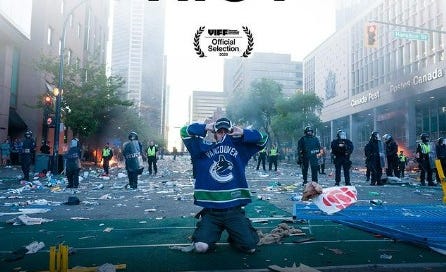


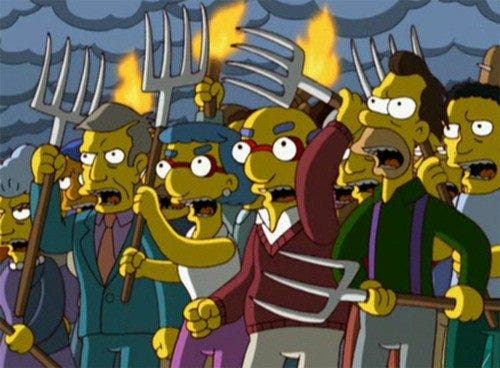
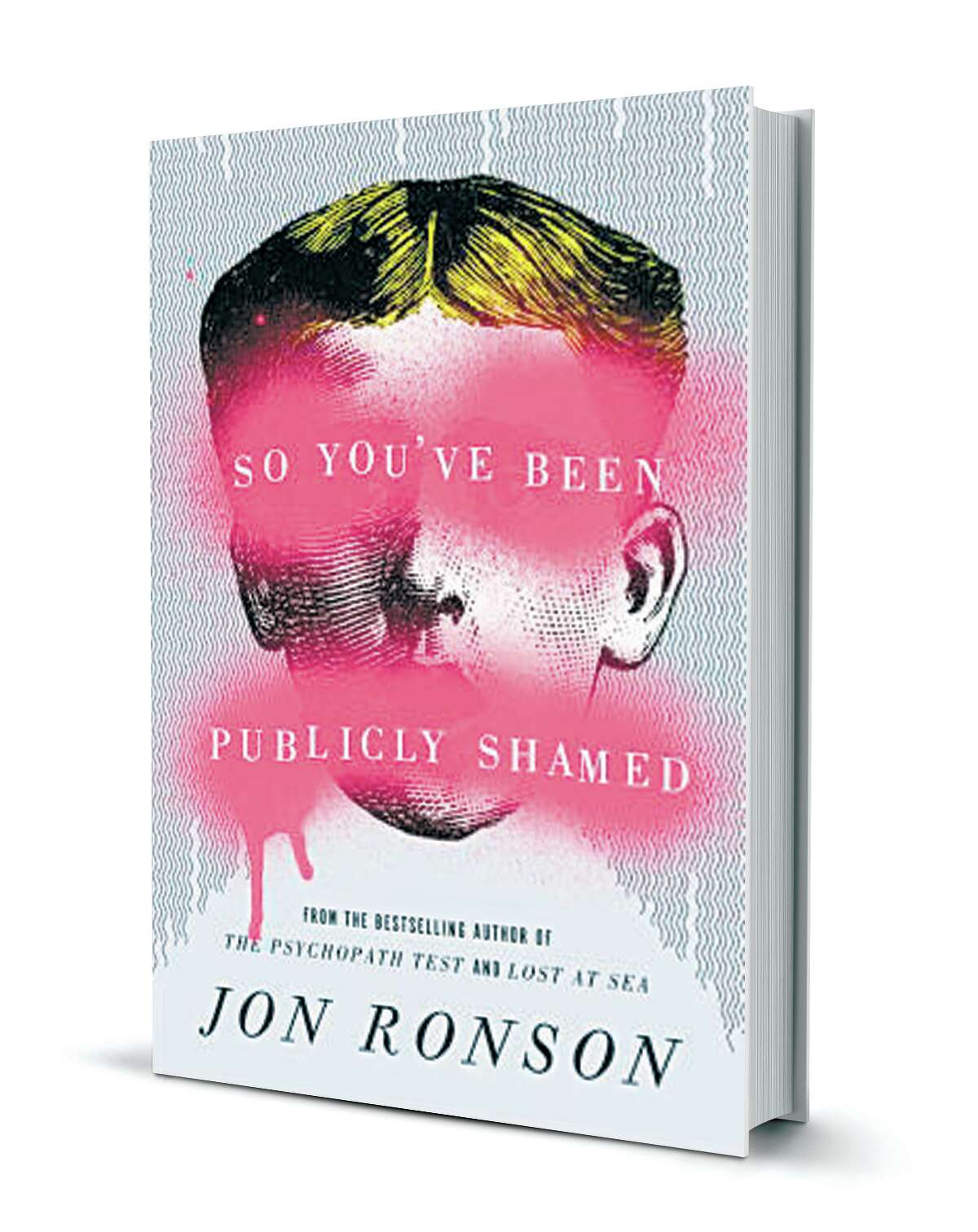






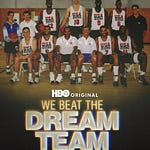


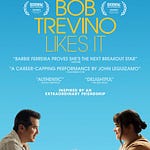
Share this post